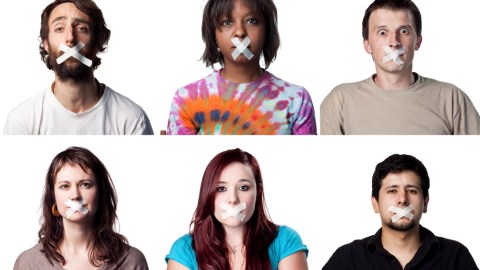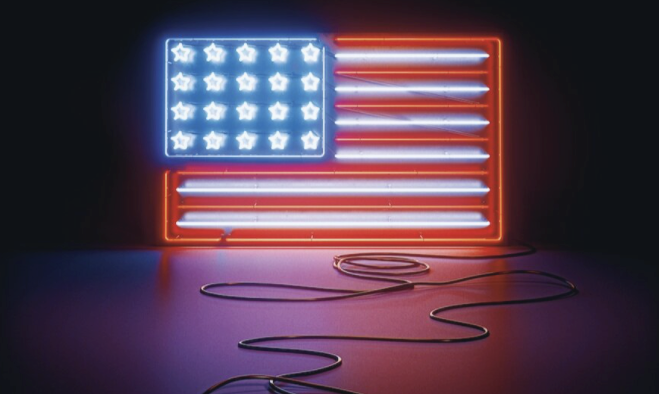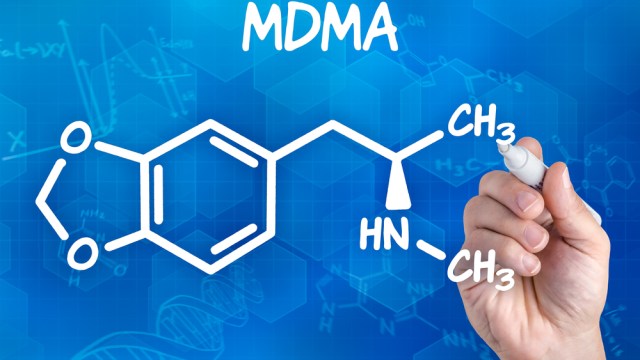Why Young People Don’t Vote: Part Apathy, Part Frustration, Part Ignorance

“Why not?” is the big question asked by the faceless scribes over at The Economist, who have a piece in print about why 75% of voters aged 18 to 30 chose not to participate in the 2010 midterms — and why a similar number are expected to stay home this year as well. This despite efforts by both Republicans and Democrats to spur the nation’s most passive voter bloc:
“On October 7th Michelle Obama told students that voting might improve their sex lives. ‘Bring that cute guy or girl you have that crush on,’ she said. ‘Trust me, they’ll be impressed.’ …
In Louisiana, Mary Landrieu, the incumbent senator, promises lower interest rates for student loans and bigger grants for poor students. She has also danced the ‘Wobble’ at a tailgate party and has helped a 28-year-old perform a ‘keg stand’ (doing a handstand on a beer keg while drinking from it). She is not the only candidate trying to show a fun-loving side to youthful voters. Scott Brown, a Republican running for the Senate in New Hampshire, recently attended a student party, though he pointedly ignored an offer of some mood-altering pills.”
So why, despite the allure of performing a keg stand with a 58-year-old woman, do young people refuse to go to the polls? On one hand, there are plenty of millennials who are just completely oblivious — you’ll never convince them that voting is important. On the other hand, many young people refuse to go to the polls because of a lack of trust in the political process. Considering where a decade’s worth of political maneuvering has left this lost generation, that doesn’t come as too much of a surprise:
“Young people do care about politics: they just dislike it. Less than a third think that running for office is an honourable thing to do, according to research from Harvard University, while two-thirds think that politicians mostly go into public service for selfish reasons. Millennials can barely remember a time when jobs were plentiful or Washington wasn’t gridlocked. More than a third of them live with their parents. Many have vast college debts. Small wonder they are alienated.”
There are also other factors at work here. Young people move around a lot and are therefore harder for campaigns to track down. Many of them live without TVs, meaning they miss the vast majority of political advertisements. And about half of registered millennials refuse to associate with one of the major political parties, meaning their issues are largely ignored in party platforms.
That last bit is especially important. It illustrates the self-perpetuating hopelessness felt by many young voters. The reason millennials don’t vote is because politics doesn’t serve their interests. The reason politics doesn’t serve their interests is because they don’t vote.
The obvious solution would be to form some sort of groundswell that empowers young people to rise up as one and effect change in the political process. If voter turnout among millennials were 75% rather than 25%, issues such as the student debt crisis would rise to the top of politicians’ priority lists.
I think the major roadblock here is that the younger generation (of which I’m a part) bears no faith in populism. Many feel burned that voting for Obama hasn’t resulted in the sort of changes they wanted. Movements like Occupy Wall Street were spectacularly quashed — partly by poor leadership but mostly through the media. Any time a cause that people believe in becomes popular, the blowback from the cynics of society tear it at the seams. As a result, young people feel impotent. We feel like there’s no hope that we could ever organize in a way that would change anything. The palpable power that we should feel as a major American voting bloc has been sapped away by both circumstance and design.
Thus, millennials exhibit the titular traits: apathy, frustration, ignorance.
For more on young voters and why most of them are staying home on November 4, read the entire piece linked below.
Read more at The Economist
Photo credit: doglikehorse / Shutterstock





